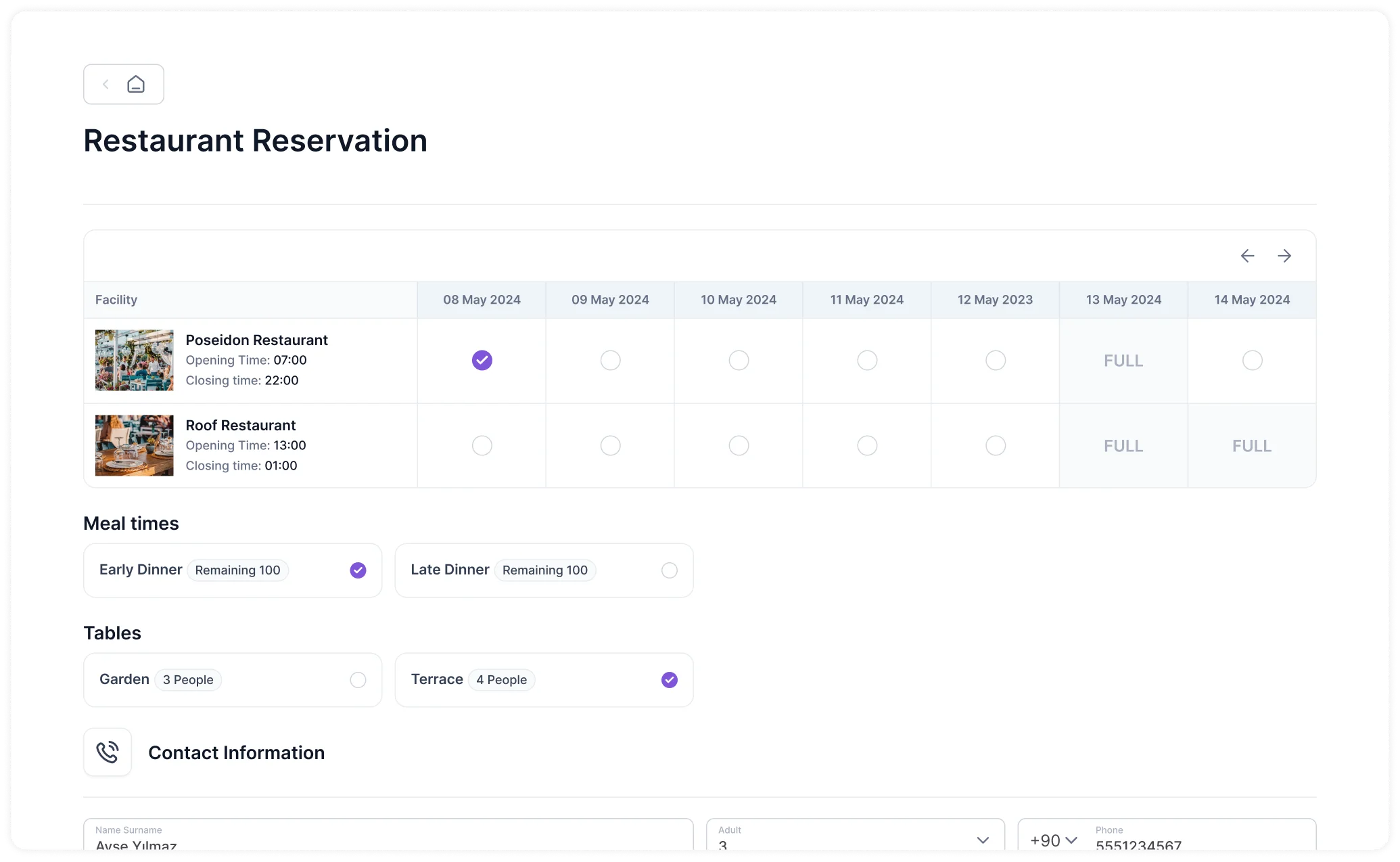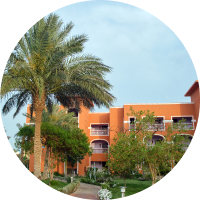A new approach to the food and beverage experience: Eptera Restaurant Management
Eptera Restaurant Management is your 24/7 restaurant manager. It increases both efficiency and profitability with multiple payment systems, digital menus and online order follow-up. You can provide up-to-date performance analyses to set new targets, while saving you time on content development, loyalty programmes and targeted promotions. Accessible from any device with internet capability, removing the need for additional hardware costs.
Are you ready to make your restaurant as unique as your guests?

Modules
POS
Restaurant Reservations
Users
As an Eptera user, you're not just running a business. You're leading the industry.

All-inclusive Hotels

Chain Hotels

Boutique Hotels

Luxury Hotels

B&B Hotels

Budget Friendly Hotels

Resorts

Motels
Benefits
In-app POS Usage
Integration with POS Software like Micros
Digital Menu and Online Order Tracking
Multiple Payment Options
Banquet Calendar Tracking
Performance Analyses
Frequently Asked Questions
Are you unable to find an answer to your
question?
Contact
us.